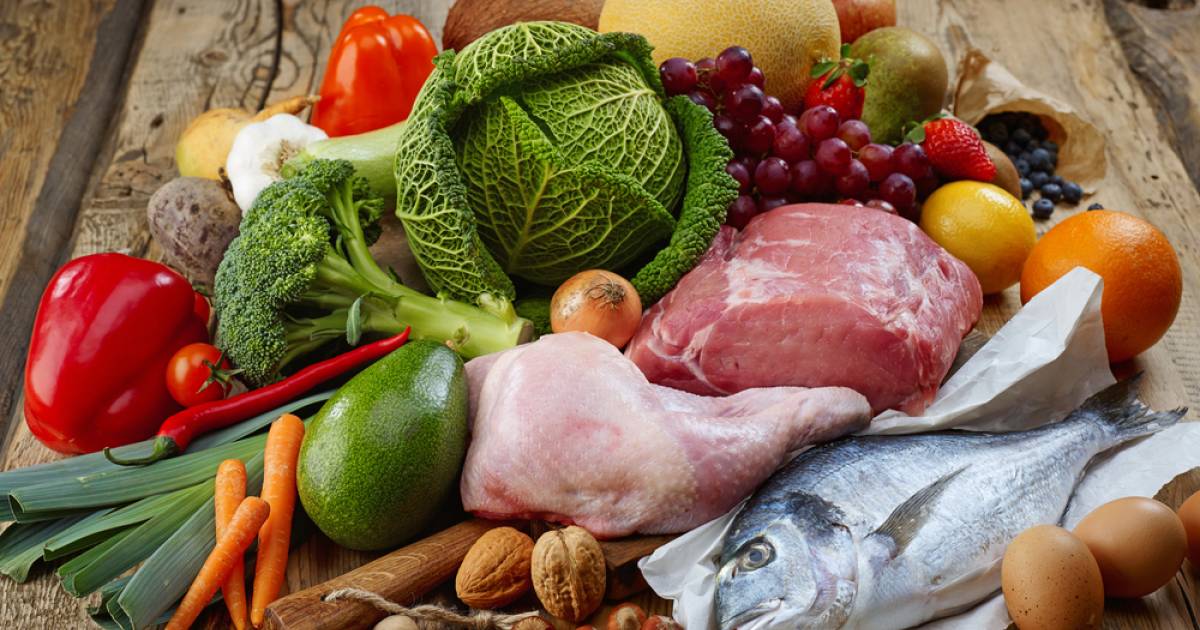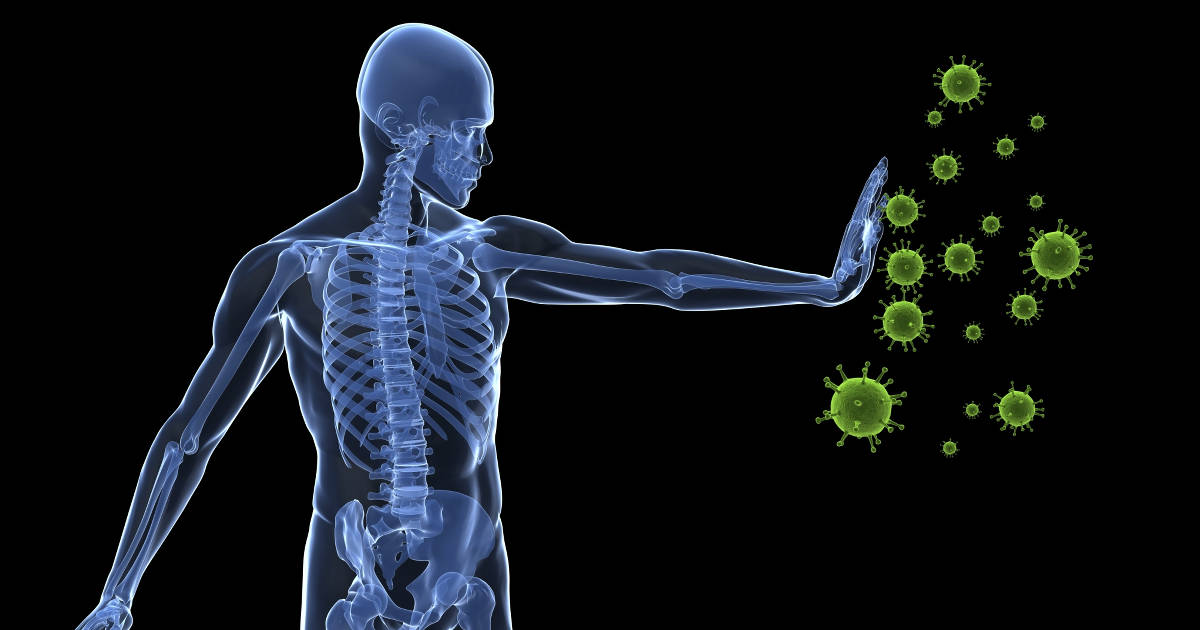What Is The AIP Diet?
The autoimmune protocol (AIP) diet is intended to help individuals identify, and remove foods that cause allergic or inflammatory reactions that may be interfering with their body's natural functions. These reactions include headaches, tiredness, cramps and soreness, thyroid disease, and arthritis. Unlike other diets, the AIP diet is not meant to be a long-term lifestyle change. The most restricted form of the diet is meant to be followed for only a limited time. After following an extremely restricted diet, patients can slowly reintroduce foods to isolate and identify the ones that are harmful to them.
Basic Overview Of The AIP Diet
The body's immune system is how individuals fight off disease. The body recognizes bacteria and other foreign invaders, and attacks and rejects them. However, in some cases, the body can misidentify its own tissues as invaders and attack them as well. This causes what is referred to as an autoimmune reaction, with symptoms such as harmful inflammation. One potential trigger for autoimmune reactions is eating the wrong kinds of foods. The next few slides will give individuals a basic overview of the AIP diet, though it's a good idea to talk to a doctor or nutritionist before starting the AIP diet.
Get to know the major aims of the autoimmune protocol diet not.
Aims Of The AIP Diet

The principle behind the AIP diet is to strip an individual's diet down to the most basic and natural foods. In this, it is very similar to the paleo diet, although even stricter. Individuals then follow this limited diet until they start feeling their health improve, which signals the autoimmune reactions are stopping. This should be a minimum of thirty days, although six to eight weeks is more usual. Once individuals are satisfied with their recovery, they can begin to reintroduce foods, although only one at a time and with at least three days' delay between new foods so they can track potential reactions. One of the aims of the AIP diet is by following this procedure, individuals should be able to discover which foods trigger their autoimmune attacks and eliminate them permanently from their diet, leading to improved overall health.
Learn about the foods to eat when following the AIP diet now.
